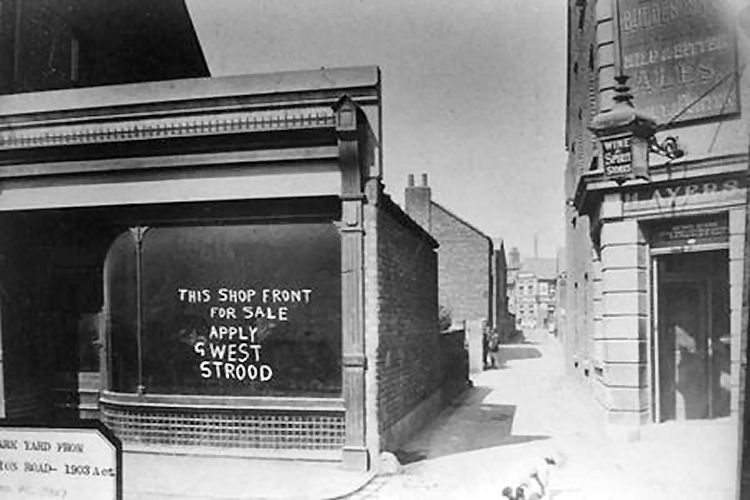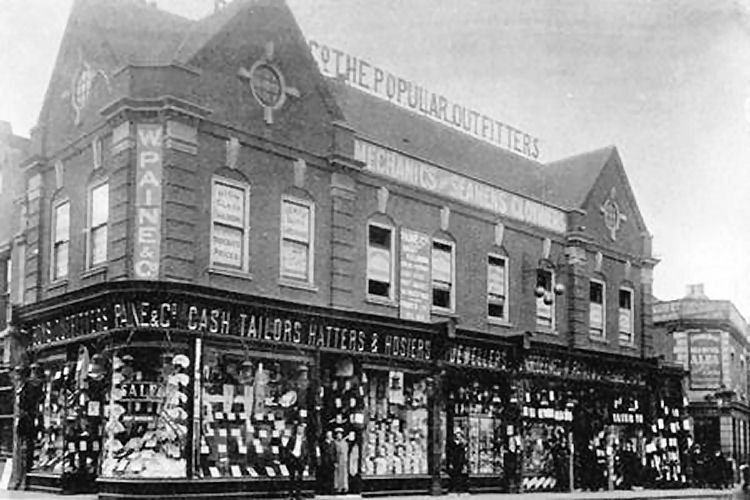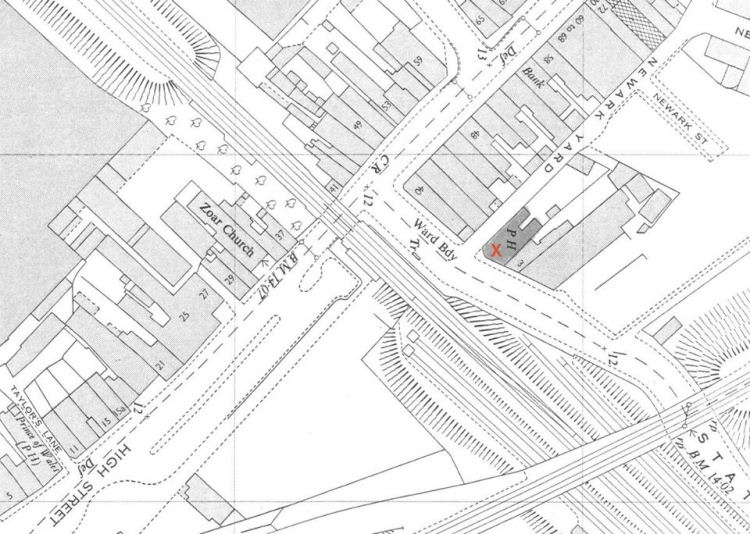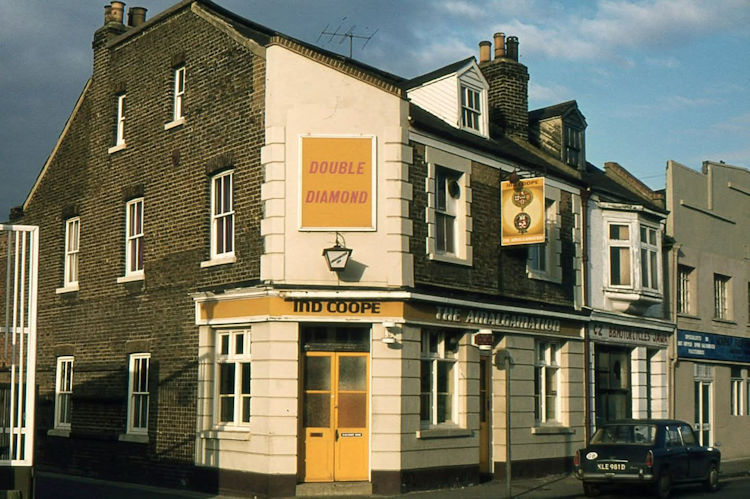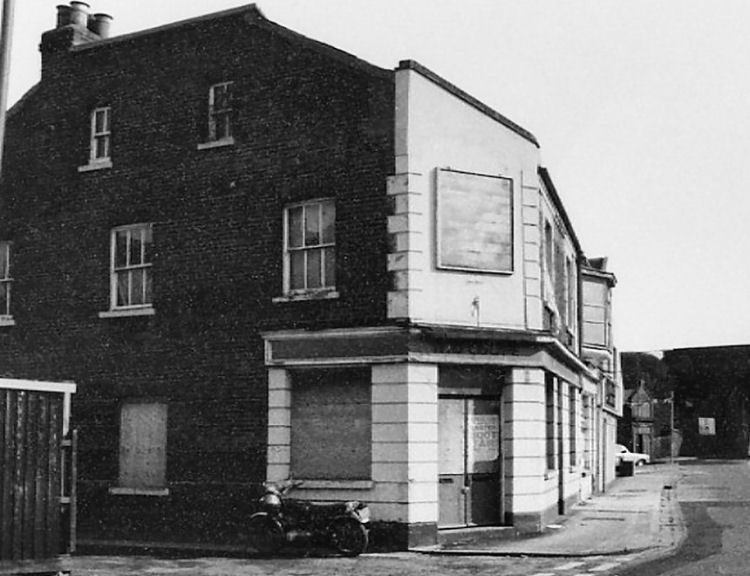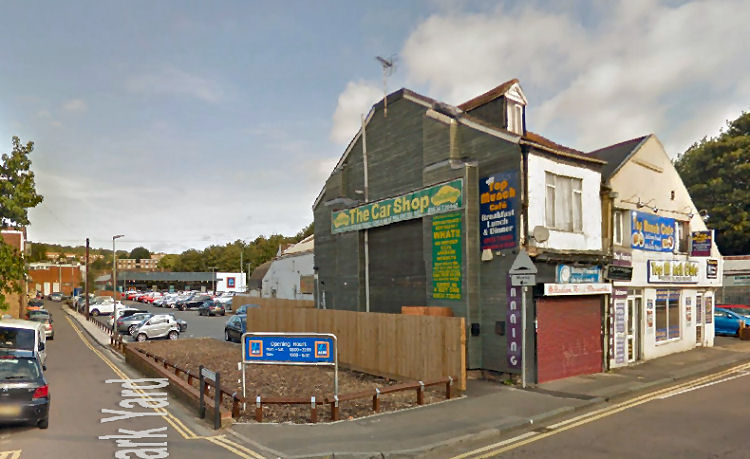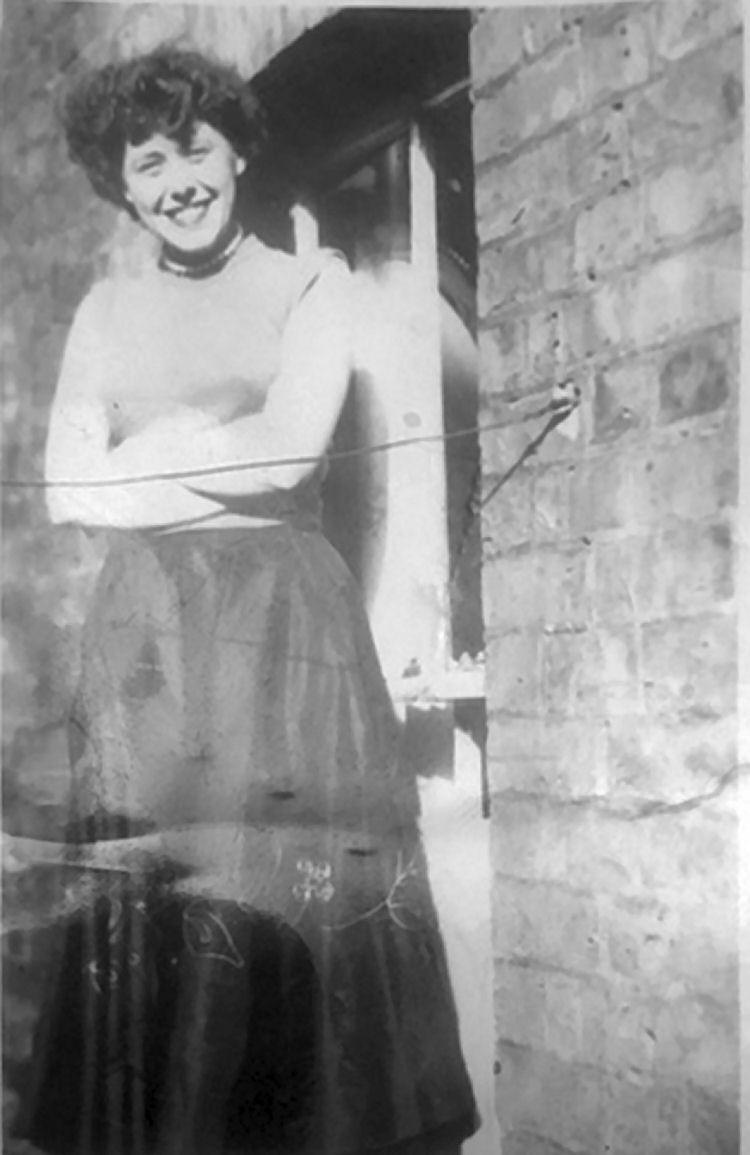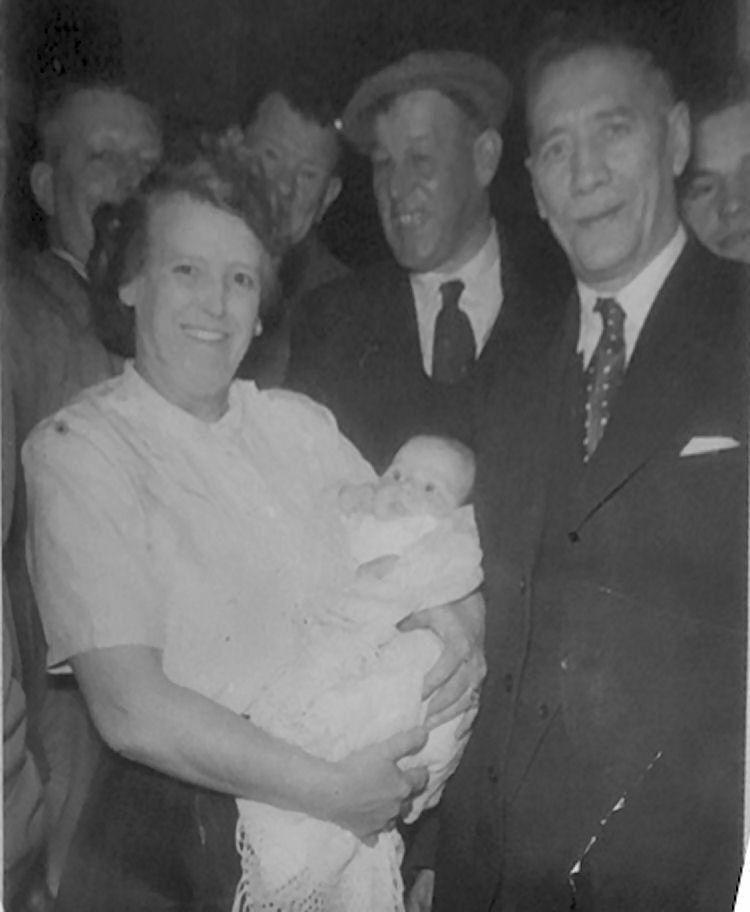|
From the "History of Strood" by Henry Smetham, published 1899.
In October, 1848, there was much excitement in Strood over the discovery
of a dead body of a young woman named Mary Abbott, which was found lying
head downwards in a ditch, at the back of the High Street, a little
westward of what is now the "Amalgamation Inn." This young woman, who
was a native of Hawkhurst, had arrived from Gravesend, where she was in
service, on her way to Maidstone. She stopped at the "Silver Oar," to
which House the Gravesend Omnibus known as Edwards's then ran. The
chambermaid at the "Silver Oar" noticed her change a half sovereign. She
was very respectable clad. When the corps was discovered there was
barely water enough to cover her; her bonnet was off; some of her
clothing and all her money gone. A piece of carpet covered her head, and
a portion of this carpet was tightly clutched in one hand. The body bore
every evidence of being suffocated in the mud. Adjourned inquests were
held at the "Angel," 24th and 31st October, when, at the later date,
Mary Hill, who lived opposite to a family named McGill, deposed to
seeing the deceased and enter McGill's house. She could not swear to the
identity of the corps, but Mrs. McGill had told her she knew the
visitor, and exclaimed "Come in, mate," or "my dear." When asked by
Mrs.
Hill after the murder, who her visitor was, Mrs. McGill told her that
she was a young woman from Brompton.
Charlotte Stokes, wife of a wharfinger, also saw deceased cross the road
and go into McGill's house. She marked her neat and orderly manner and
attire, and that she was good looking. She positively identified the
corps as the person she then saw.
Sarah Elizabeth West and Francis Hawkins gave corroborative evidence.
Police Superintendent John Tuff stated that when he requested Mrs.
McGill, at the police station to give the name of her visitor, she
replied, "with great airs," "I shan't! I won't! I don't intend to! So
that's an answer for you.
Upon this case, on the 4th November, the Rochester magistrates held a
"secret" investigation, lasting from 10 in the morning till 9 at night,
when the husband of Mrs. McGill was ordered into custody.
The next adjourned inquest was held at the Guildhall, Rochester.
Mr. Richard Baker master of Strood Union, testified to meeting the
deceased in the company of James McGill, son of the persons into whose
house Abbott was last seen to enter. He had to get aside to the wall to
pass, as McGill refused his passing him on the right. He therefore
noticed McGill particularly, also noticed the young woman, who smiled at
him. Believing the dress she had on was the same as that in which corps
was found clad. The dress was unusually short (all the witnesses
mentioned this.) She was carrying a shawl on her arm. Her companion was
cleaned, looked like a fisherman, and wore a pilot coat. He noticed that
he was pock-marked, particularly on the upper part of his face.
William Whiffin, a brazier, of Meeting Alley, had known the McGill
family for years. Saw Mrs. McGill and her son in the High Street, Strood.
Believed James resided in Gravesend. Had not, until then, seen him since
2nd or 3rd day of Strood Fair.
Mr. McGill claimed the carpet as theirs; and it has been in the ditch a
month (the carpet proved to be free from smell, and not foul, as would
have been the case had this been so.)
Mrs. McGill afterwards declared the carpet was not there as. They never
had such, and she knew nothing of it.
A Mr. Page identify the carpet as his, and was positive it had not been
long in the ditch.
Mr. Church assisted McGill the elder to get the body out of ditch. There
was no evidence of a struggle, and it was undisturbed. Did not see the
carpet, nor did McGill mention it.
Mrs. McGill denied ever saying that the visitor was "a young woman from
Brompton."
Mr. Baker and several others testified she had stated the reverse to
them. She had also admitted the same to the officer when in his custody
at the "Angel" enquiry, but denied it when giving evidence.
The jury returned a verdict of Wilful Murder against Thomas McGill,
Maria McGill, and James McGill.
Friday the 7th November:- City Magistrates commit prisoners for a trial
on the capital charge. A vast concourse of people assembled to see
prisoners removed to Maidstone.
Lent assizes, March, 1849, Crown Court before Mr. Justice Parke.
John Church said the face of the deceased woman, Mary Abbot, did not
appear to have been under the water. The back of the head lay in the
water, and a dirty circle marked the height it reached.
Mary Anne Muzzard, fellow servant with Abbott, had frequently seen
McGill in Abbotts company, speaking to her half-an-hour at a time.
Richard Baker, master of Strood Union, saw a bit of carpet in deceased's
hand so tightly clenched that it broke to pieces on his trying to
extract it. heard Mrs. McGill, in answer to a question of Mrs. Acworth,
say that deceased was not the young woman who came to her house on
Saturday. She was a respectable young woman from Brompton, and she did
not stay a minute.
McGills owned the carpet and said it was theirs.
William Wibblin, doctor, said death was by suffocation, not drowning. He
had been in Paris and had had considerable experience with corpses from
the Seine.
The Jury, after deliberating half an hour, returned a verdict of Not
Guilty. The case occupied 12 hours.
Some time afterwards the McGills moved from this locality.
|
